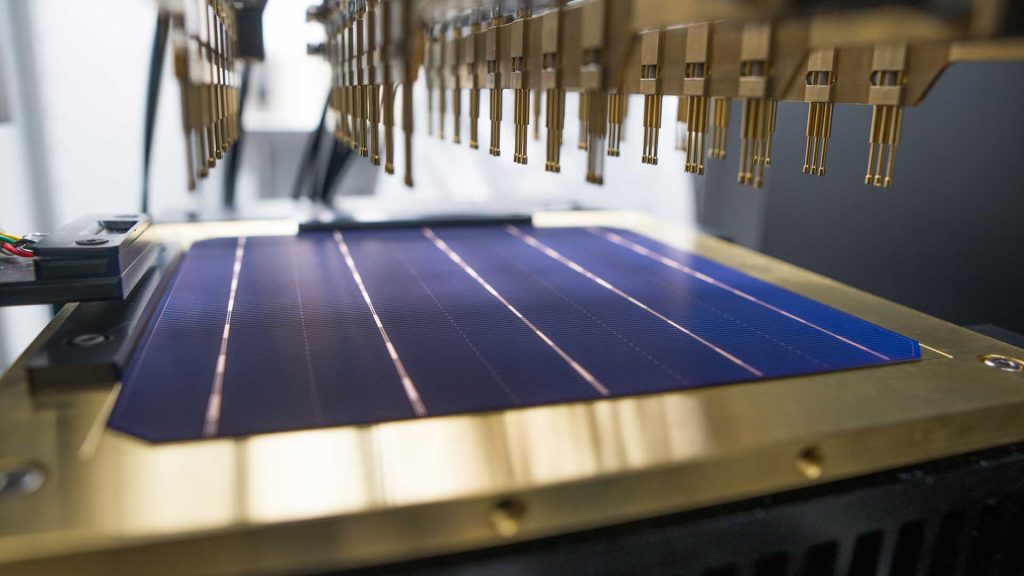The University of New South Wales (UNSW) and the University of Newcastle (UoN) said this week that they will lead an industry-backed R&D, clean energy and recycling business to “help Australia and the world transition to sustainable recycling and clean energy solutions and systems.”
The federal government said this week it will contribute AUD 50 million ($34.5 million) over four years as part of its Trailblazer Universities Program, to leverage more than AUD 220 million of co-investment from the universities and their industry partners. UNSW and UoN will contribute AUD 50 million in cash and AUD 47 million of in-kind investments to the initiative. The universities said more than 20 industry partners have already expressed support for the initiative and have committed more than AUD 130 million in cash and in-kind contributions.
UNSW Deputy Vice-Chancellor Nicholas Fisk said the Australian Trailblazer for Recycling and Clean Energy program is targeting the commercialization of at least 63 new products. Development and commercialization efforts will be in four priority areas: electrification, energy systems and storage; sustainable fuels and chemicals manufacturing with a special focus on Power-to-X (P2X) production methods for hydrogen and sustainable aviation fuels; next generation solar PV and systems; and recycling and MICROfactories.
“Our projects, partnerships and investment under this initiative will accelerate a decade’s worth of change in just four years and create a legacy in industry-university collaboration,” Fisk said. “It is truly national, with projects in metropolitan and regional areas, and in all Australian states and territories, and beyond.”
The initiative has attracted 27 industry partners, including 23 small businesses. They will work with the universities to develop and research commercialization initiatives for clean energy solutions and systems, including developing ultra-low-cost solar with cutting-edge engineering. They will also build the first at-scale printed solar manufacturing plant, providing the step-change needed to vault the technology to full commercialization.
In addition, the program will look to develop and commercialize lightweight hydrogen storage that can deliver for transport and fuel replacement needs, while also looking to extend the success of green steel technology to other metals such as aluminum.
UoN Vice-Chancellor Professor Alex Zelinsky said the program would deliver real-world outcomes and “accelerate Australia’s clean energy and recycling industries and bring more, greener technologies to Australians.”
“This program will transform the way technology readiness, commercialization and industry-led research are prioritised, taught and rewarded in our universities with targeted opportunities for university staff and students to succeed,” he said.
The collaboration builds on the NSW state government’s announcement that a AUD 15 million Decarbonisation Innovation Hub would be based at UNSW Sydney. The hub is a key part of the state government’s Net Zero Industry and Innovation Program and will bring together government, industry, and researchers to fast-track technologies to decarbonize New South Wales.
This content is protected by copyright and may not be reused. If you want to cooperate with us and would like to reuse some of our content, please contact: editors@pv-magazine.com.




3 comments
By submitting this form you agree to pv magazine using your data for the purposes of publishing your comment.
Your personal data will only be disclosed or otherwise transmitted to third parties for the purposes of spam filtering or if this is necessary for technical maintenance of the website. Any other transfer to third parties will not take place unless this is justified on the basis of applicable data protection regulations or if pv magazine is legally obliged to do so.
You may revoke this consent at any time with effect for the future, in which case your personal data will be deleted immediately. Otherwise, your data will be deleted if pv magazine has processed your request or the purpose of data storage is fulfilled.
Further information on data privacy can be found in our Data Protection Policy.